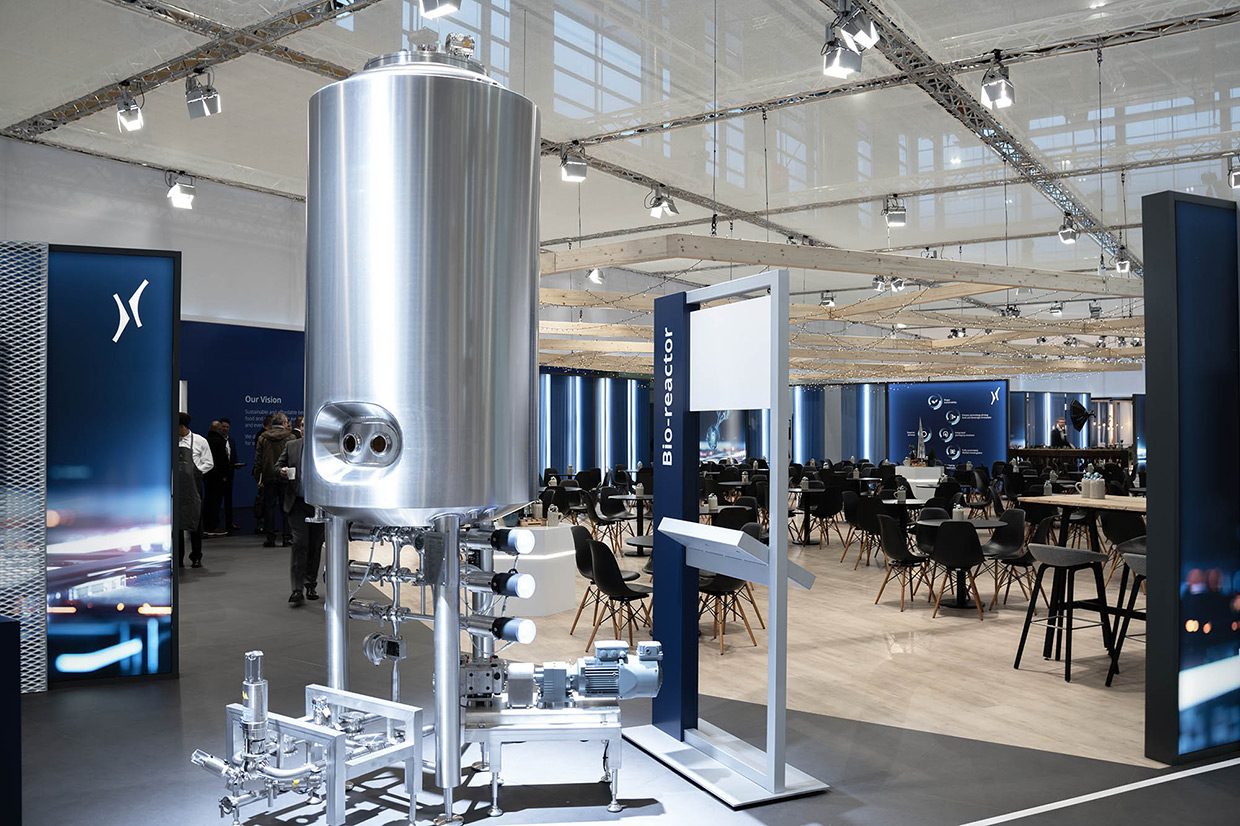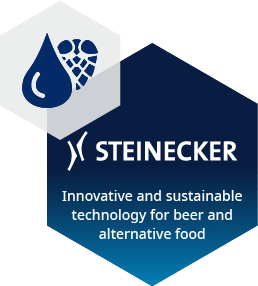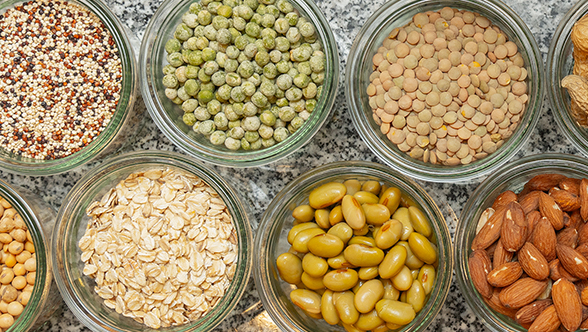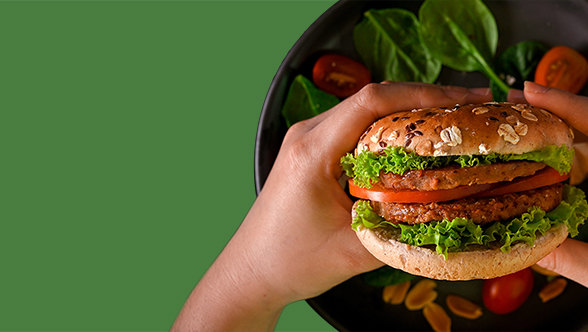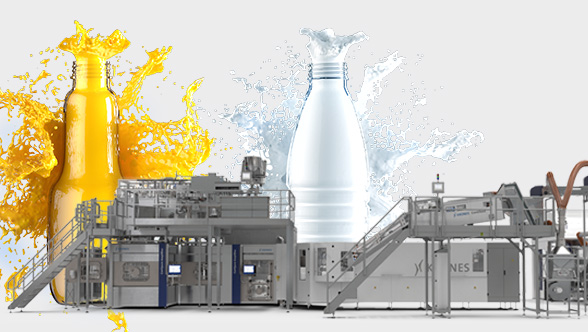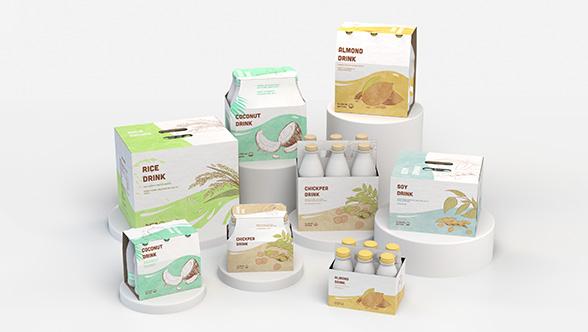Vegan beverages and foods that substitute animal products are based on alternative proteins. Without a doubt, the best-known example here is plant-based drinks, which are simply blended from grains, water and additional ingredients like oil. Depending on the process variant and production output involved, standard process engineering equipment or mashing systems can be used for making them.
But the market offers far more than “just” plant-based products. Nowadays, countless vegan alternatives are available on supermarket shelves. And the growth forecast for the market segment that is emerging as a result of this new nutritional trend makes one thing abundantly clear: The industry needs many different potential sources that are able to produce large quantities of alternative proteins. In order to create and prepare such sources, the sector relies on technologies like precision fermentation and cell cultivation.

